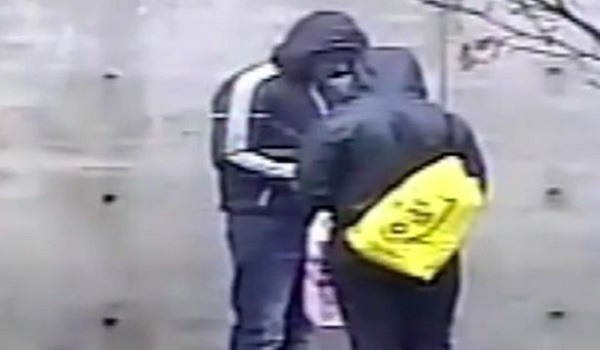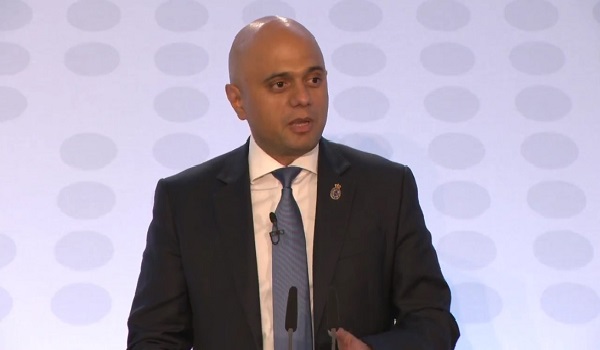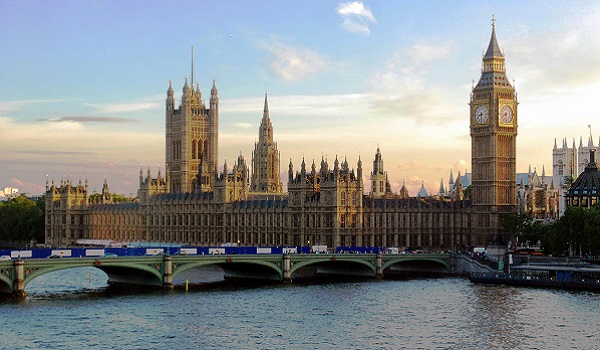Numberplate cloning fuelling rise in cancelled speeding fines
A rise in the number of cloned numberplates in circulation is believed to be a key factor behind the cancellation of hundreds of thousands of speeding fines in the past year, new research has revealed.
Analysis of government data by the RAC Foundation found that in the 12 months to March 2021, 400,00 (17 per cent) of 2.4 million offences were dismissed in England and Wales.
Greater Manchester and Warwickshire had the highest proportion of cancelled offences at 39 per cent, while Wiltshire only had two per cent – which is likely because it has no fixed speed cameras.
Faulty speed cameras, delays in issuing notices and a lack of resources in bringing such cases to court are just some of the reasons behind the noticeable increase in cancellations, but it is the use of cloned number plates that is of particular concern.
A growing number of motorists have had fines wrongly attributed to their vehicles since the introduction of clean air zones and the expansion of London’s Ultra Low Emission Zone (ULEZ). Such zones have also be launched in Bath, Birmingham and Portsmouth. Later this year, Greater Manchester, Oxford, Newcastle and Edinburgh will join the list, most likely fuelling further growth of the issue.
Dr Adam Snow, a lecturer at the Law School of Liverpool John Moores University, who worked on the report, said: “Police forces and local authorities are seeing number plate cloning as a growing problem. With the increasing reliance on camera enforcement for clean air zones and moving traffic violations there is some evidence to suggest more motorists are seeing this as an acceptable response even though it is fraud.”
Steve Gooding, director of the RAC Foundation, said: “It is correct that drivers caught speeding should face the consequences but it is also important that the systems of detection and prosecution are robust. The hundreds of thousands of ‘cancelled’ offences each year indicate they are not. At the very least it is an administrative burden the police could do without.
“We urge the Home Office to start collecting data from police forces about these cancelled offences so we can understand where the problem lies.”







